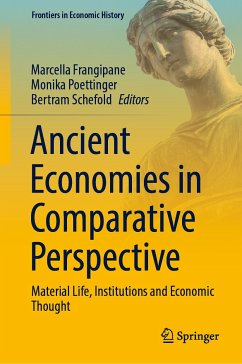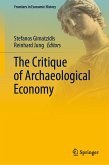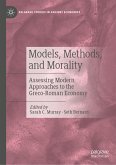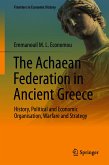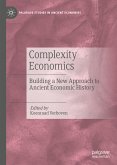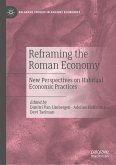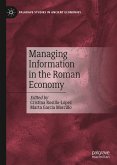This volume addresses the economic organization of ancient societies from a comparative perspective. By pursuing an interdisciplinary approach, including contributions by archaeologists, historians of antiquity, economic historians as well as historians of economic thought, it studies different aspects of ancient economies, such as the material living conditions, including production technologies, etc., economic institutions, such as markets or coinage, as wekk as the economic thinking of the time. It hereby explores the comparability of economic thought, economic institutions and economic systems in ancient history. Focusing on the Ancient Near East as well as the Mediterranean, including Greece and Rome, the comparative perspective makes it possible to identify historical permanencies, but also diverse forms of social and political organization and cultural systems. These institutions are evaluated in terms of their capacity to solve economic problems, such as the efficient use ofresources or political stability.
The first part of the book introduces readers to the methodological context of the comparative approach, including an evaluation of the related historiographical tradition. Subsequent parts discuss a range of development models, elements of economic thinking in ancient societies, the role of trade and globalization, and the use of monetary and financial instruments, as well as political aspects.
Dieser Download kann aus rechtlichen Gründen nur mit Rechnungsadresse in A, B, BG, CY, CZ, D, DK, EW, E, FIN, F, GR, HR, H, IRL, I, LT, L, LR, M, NL, PL, P, R, S, SLO, SK ausgeliefert werden.

